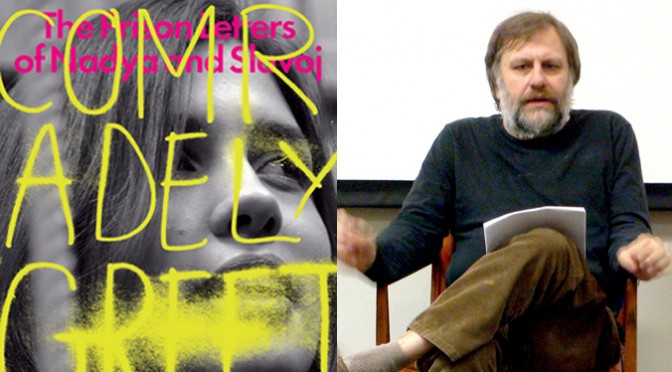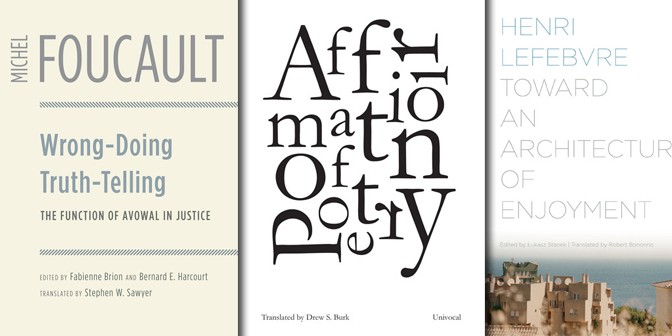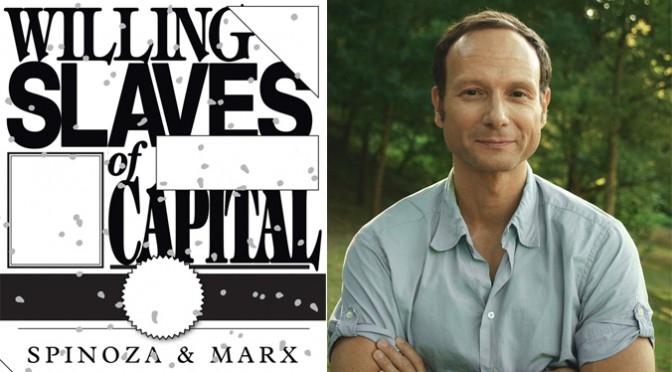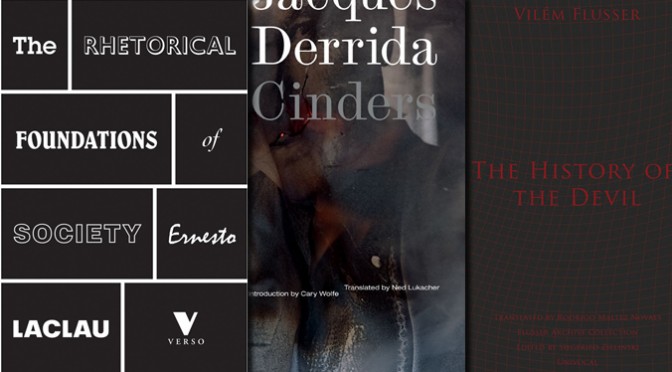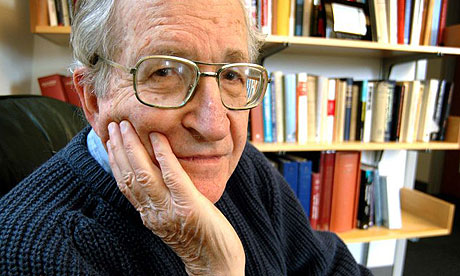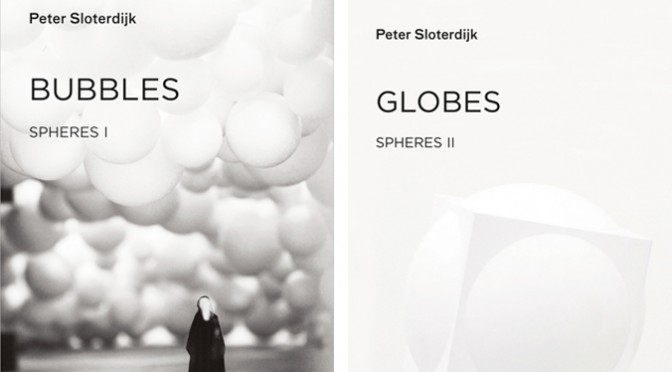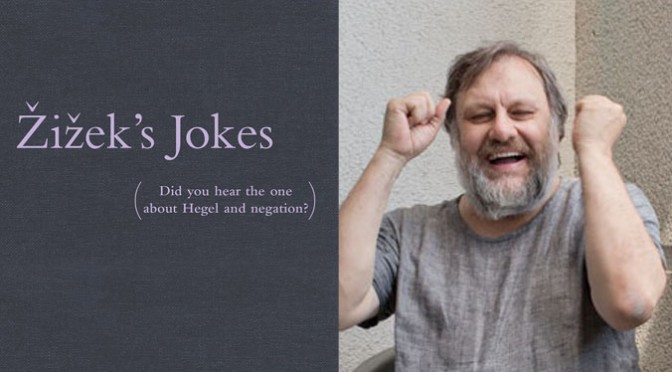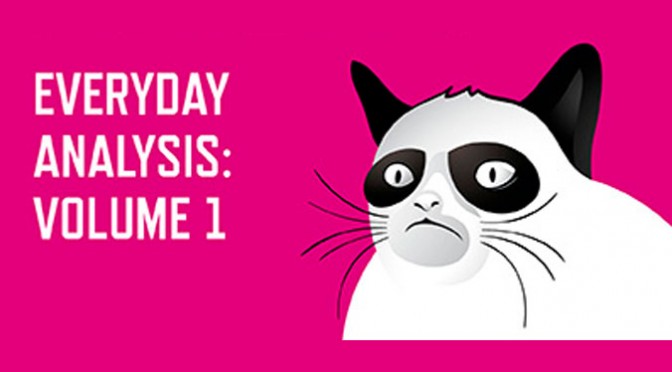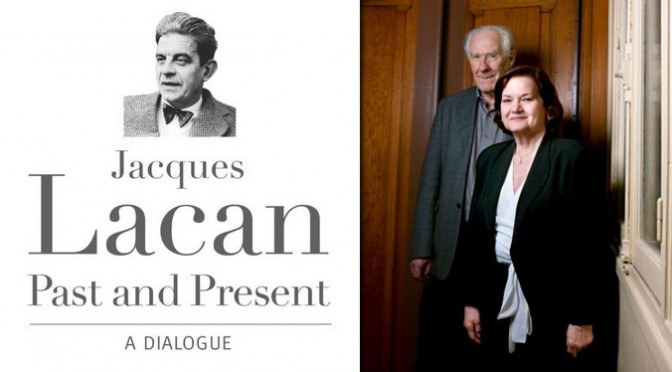“I cannot tell you how proud I am to be in contact with you. Your acts are well thought, and based on deep insights into how oppressive power works, how it has to rely on a hidden obscene agenda, violating its own rules.”
Category Archives: Books
Free Read: The Neoliberal Neurosis
An excerpt from “Jeffrey Sachs: The Strange Case of Dr. Shock and Mr. Aid,” by Japhy Wilson.
9 Critical Theory Books That Came Out in June
New releases from Michel Foucault, Henri Lefebvre and more!
Free Read: Bare Life and Money
An excerpt from “Willing Slaves of Capital” by Frederic Lordon.
9 Critical Theory Books That Came Out Last Month, May
Flusser, Derrida, Laclau, Massumi and more!
Free Reads! 9 Free Noam Chomsky Books
Peter Sloterdijk’s ‘Spheres’ Sequel is Coming Out This Year
The English translation of Peter Sloterdijk’s book “Globes” will be released this October, according to MIT Press.
The 10 Best Zizek Jokes to Get You Through Finals
Published in March, 2014, “Zizek’s Jokes” is a small book that claims to have captured the entirety of Slavoj Zizek’s published jokes in English, variations and all. Some of the jokes provide hilarious insight into Hegelian dialectics, Lacanian psychoanalysis or ideology. Others are just funny.
Review: Why are Animals Funny? The EDA Collective
“Death Drive,” “hauntology,” “in horror vacui,” and “uber-chutzpa” are just a few of the phrases that grace the pages of “Why are Animals Funny? Everday Analysis: Volume 1,” published in the UK by independent publisher, Zero Books. “Why are Animals Funny?” is written by a band of, well, what I call renegades. They, however, call themselves the Everyday Analysis Collective (EDA Collective), a group comprised mostly of journalists and academics out of England.
Free Read! Badiou and Roudinesco on Jacques Lacan
In this excerpt from “Jacques Lacan, Past and Present: A Dialogue,” Alain Badiou and Élisabeth Roudinesco discuss their first encounter with Jacques Lacan and his influenec on their work. Roudinesco had mostly ignored Lacan through her childhood, despite him being a family friend. Badiou, on the other hand, details his development from a Sartrean to an anti-Humanist student of Althusser before coming upon the work of Lacan.

